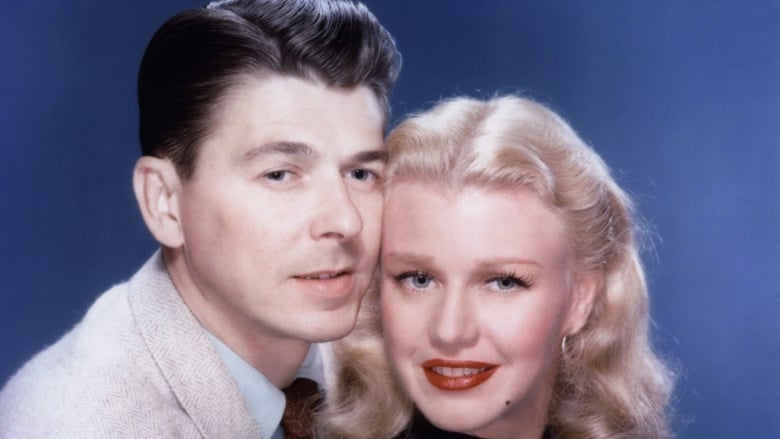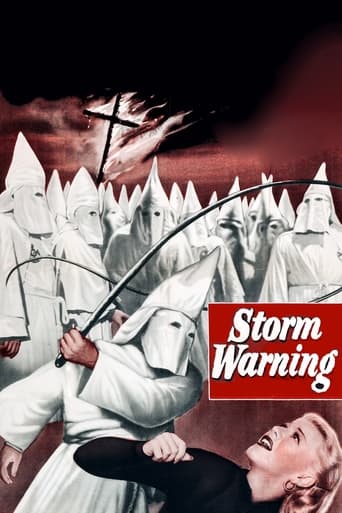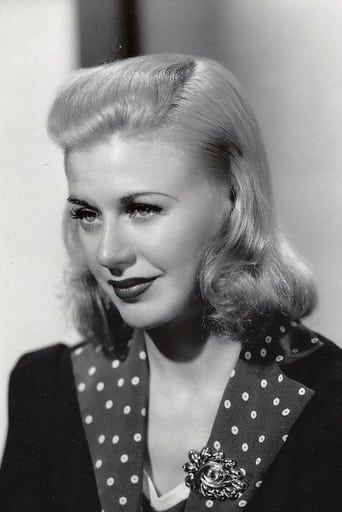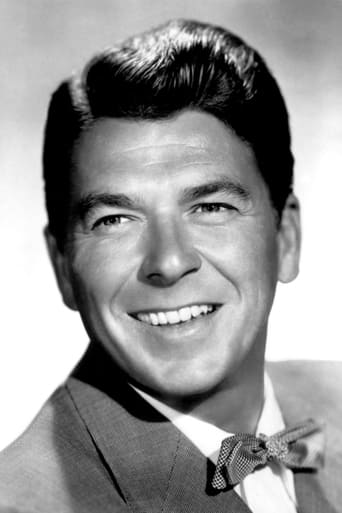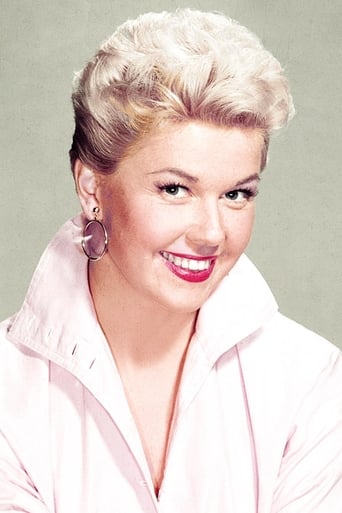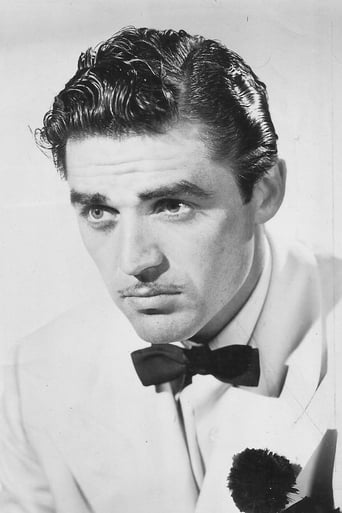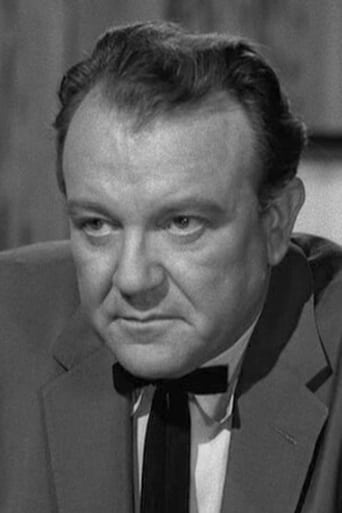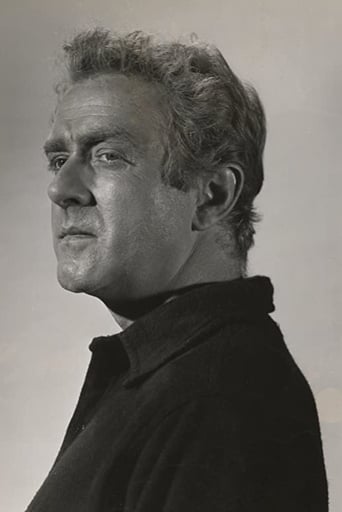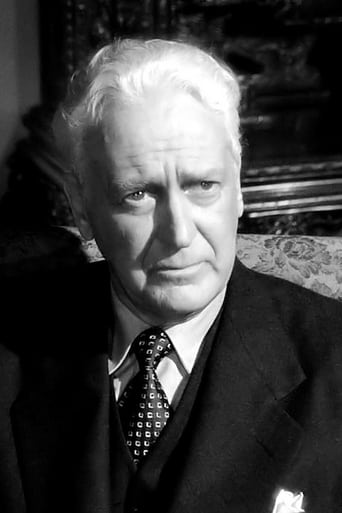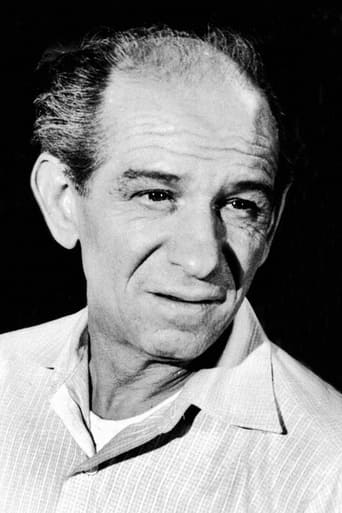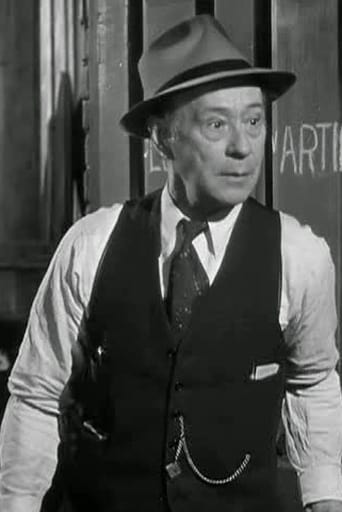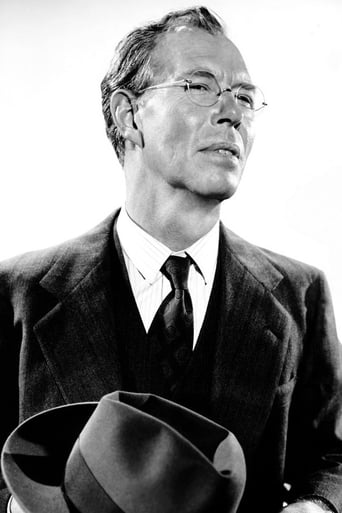A fashion model (Rogers) witnesses the brutal assassination of an investigative journalist by the Ku Klux Klan while traveling to a small town to visit her sister (Day).
Similar titles




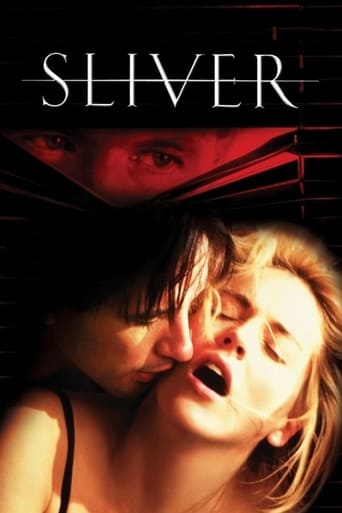

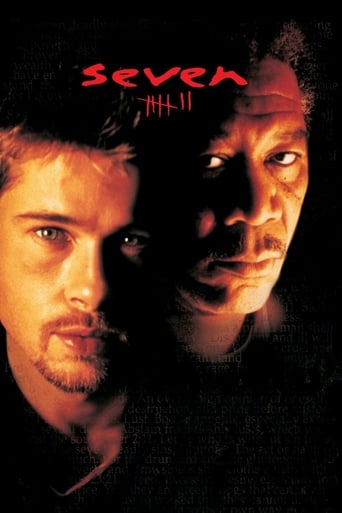

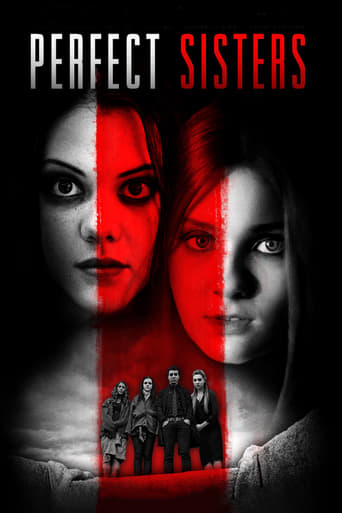
Reviews
Simply Perfect
When a movie has you begging for it to end not even half way through it's pure crap. We've all seen this movie and this characters millions of times, nothing new in it. Don't waste your time.
The film's masterful storytelling did its job. The message was clear. No need to overdo.
It is an exhilarating, distressing, funny and profound film, with one of the more memorable film scores in years,
Directed by Stuart Heisler, and written by Richard Brooks and Danial Fuchs, elements of this solid drama might remind some of the more famous Elia Kazan-Tennessee Williams drama released six months later that same year, A Streetcar Named Desire (1951). Though this one's main emphasis is the Ku Klux Klan, aka the KKK, both feature a sister that comes to visit another who's married to a Southern male brute, causing conflict (and more, without spoiling either film).Ginger Rogers (somewhat miscast) plays Marsha Mitchell, a New York dress model who arrives on the 10 PM bus in Rock Point to stopover and visit her sister on the way to Riverport. Shortly thereafter, she witnesses a murder: some white robed, white hooded persons drag another man out of the town's jail. Their prisoner escapes and runs for his life from the gang but is shot before rounding the corner of a building, falling right in front of Martha, who then hides in a darkened doorway. She then sees two men, their hoods off, come to inspect the body and verify that the man is dead. The gang disperses and Martha runs 10 blocks to the recreation center where her sister, Lucy Rice (Doris Day, her first non-singing role), works.A shaken Martha learns that Lucy is pregnant, and later meets her truck driver husband Hank (Steve Cochran), who was one of the men Martha had seen earlier. She learns later that the other's name is Charlie Barr (Hugh Sanders), Hank's boss and Grand Dragon of the local KKK.Ronald Reagan plays Burt Rainey, a lifetime Rock Point resident and its prosecutor, who decides he finally has the witness he needs in Martha, an outsider presumably not afraid of retribution, to indict the Klan and end their activities in his town.However, Charlie is smart enough to know that his organization isn't safe until Martha leaves town, and that Hank is too dumb to handle it, so he threatens her himself. If only for her sister, Martha agrees to dummy up when questioned again by Burt at the coroner's (Walter Baldwin) inquest. Though he (and the visiting press) is letdown, the rest of the town celebrates into the night.Hank, who'd actually been the triggerman, is the most rowdy of all. When Martha, whose bus doesn't leave until later that evening, comes to the recreation center to get Lucy's house key in order to pack her things, she has a confrontation with Burt who later, his small brain additionally inhibited by alcohol, makes inappropriate advances towards her.Lucy arrives in time to interrupt his attempted rape of her sister, realizes what she's married and promises Martha to leave him, before she's knocked down and out by her husband in a struggle. His Klan buddies arrive to take him to that night's meeting and Hank decides to drag Martha to the affair, where she's whipped in front of a huge group of members that includes women and children!Even though the Charlie Barr character defends it as a necessary service (without them, women like Martha wouldn't be safe to walk the streets at night), much of the film's dialogue delivers the requisite indictment of the KKK and its members, too scared to act without the courage of numbers or show their faces (hence the hoods).But there's a twist - Barr's real motivation is financial: there's real money for him in the dues etc. such that he's portrayed like a corrupt union boss, or worse (a capitalist;-)In the end, while Burt has come to save the day and Martha, Barr's true self centered (vs. all for one) nature is revealed to all, and an enraged and disillusioned Hank ends up killing another, this time (accidentally) Lucy, before the rest of the group wises up and runs for cover as the Grand Dragon pleads for them to stick together.
This movie opens with Marsha and Cliff on a bus. They work as a team for a clothing manufacturer, where he is a salesman and she is a model. They are supposed to meet some buyers the next day, but she says she is getting off at Rock Point to see her sister and will catch up with him the next night, which means she won't be there to model the clothes as she is supposed to. She tells him to show them the clothes on hangers.In real life, stealing a little time from the boss is no big deal, something most people have done at one time or another. In a movie, however, it often happens that people are punished severely for a mere peccadillo, and so we get a slight sinking feeling at this most venial of sins. But it gets worse. She starts taking samples out of Cliff's suitcase to give to her sister, whom she has not seen in two years, as a belated marriage present. This means she is not just stealing time from her boss, but dresses as well. Furthermore, she is putting Cliff on the spot. "What will I tell the home office?" Cliff asks, knowing he has to account for every item. "Tell them you ran into Jesse James," is Marsha's flip answer. In other words, she is not saying that she intends to reimburse the company as soon as she gets her next paycheck.At this point, we might be wondering if they are in some kind of romantic relationship, in which case it might make sense that she would expect the man who is in love with her to cover for her. But the movie nips that in the bud. It is immediately made clear in their conversation that Cliff has been pursuing Marsha for some time, but to no avail, and she is firm in telling Cliff that it is time for him to give up. In short, she is imposing on a man whom she will not even go to dinner with.When the bus pulls into Rock Point, Cliff gets off with Marsha just to stretch his legs. Marsha heads to a payphone to call her sister to come pick her up. She tells Cliff to give her a nickel, which he does. He tries to buy a pack of cigarettes at the counter, but is told to use the machine. Apparently cigarette machines were new at the time, because Cliff comments that the way things are going, pretty soon they won't need people. He returns to the phone booth just as Marsha hangs up.Because no one answered the phone at her sister's house, Marsha retrieves the nickel, and, with Cliff standing right there, she opens her purse, holds the nickel about six inches over the opening, and drops it in, ostentatiously not returning it to Cliff. She could have simply slipped the nickel into her purse while still sitting in the booth, but the movie is going out of its way to make sure we notice this business about her keeping it.But she's not done. She turns to Cliff and tries to bum a cigarette. As it is a fresh pack, Cliff has trouble removing one cigarette, and because the bus is about to leave, he ends up tossing her the whole pack as he gets aboard. She is stealing time from her boss, she stole some dress samples, she kept Cliff's nickel, and now she even has the poor guy's only pack of cigarettes, all in the space of ten minutes. Taking it all together, we see that Marsha is the kind of woman who, because she is attractive, believes it is her prerogative to take advantage of men, even men she has no interest in romantically.None of this had to be in the movie, and it did not get in there by accident. The script could have been written differently, in which she simply tells a passenger she happens to be riding with that she is going to see her sister, after which she gets off the bus and uses her own nickel to make the call. The pack of cigarettes could have been left out entirely. Instead, script was written to make it clear that Marsha is a bit of a chiseler, and that she thinks she can get away with it on account of her looks. In real life, such women do. But this is a movie, and all that follows is punishment for her sins.Shortly after the bus pulls out, Marsha witnesses a murder by the Ku Klux Klan. However, the man is white. In other words, we most emphatically do not see the Klan doing anything bad to African Americans. Later in the movie, at an inquest, we do see a few such African Americans in the crowd outside the courthouse, but that is the extent of their presence in the movie. This movie plays it safe, avoiding the race angle.Furthermore, the people who made this movie are at pains to insist that the Klan is guilty of corruption and income tax evasion. In other words, it would not do to portray the Klan as composed of people who are sincere in their racist beliefs, who lynch people to preserve the Aryan cause of white supremacy. Instead, the Klan is portrayed cynically, making it out to be just a racket.In any event, Marsha is almost raped by a Klansman, her brother-in-law, and then taken to a Klan meeting where she is whipped because she threatens to testify against them. He sister Lucy shows up with the county prosecutor and others to save her, but Lucy ends up being killed by her own husband.As the movie comes to an end, we can only hope that Marsha has learned her lesson and will not take advantage of Cliff in the future.
Ginger Rogers and Doris Day are believably cast as sisters in Storm Warning. Steve Cochran plays one of his usual shady characters. And Ronald Reagan appears in his last picture for Warners as a prosecutor who saves the day.The subject matter is rather dark. It's a story about Civil Rights and the Ku Klux Klan. Shot in black and white photography, the film's noir aspects are gripping to say the least, and aside from a somewhat melodramatic ending, the film has a fair amount of social realism in it.Originally Jack Warner wanted Joan Crawford to do this picture at the end of her contract. But she told him that nobody would believe she was Doris Day's sister.
Now, of course, Ronald Reagan as an actor was eclipsed by Ronald Reagan the President. So no one really talks about his films on their own merits other than to point out he was an actor.This is an interesting film, as it takes on the Ku Klux Klan (which is just called "the Klan" in this film). Ginger Rogers plays a model who witnesses a murder by the Klan on her way to visit her sister (played by Doris Day, of all people) only to find out her husband was one of the Klansmen.Reagan plays a crusading district attorney who challenges the Klan and investigates the murder with vigor.Now, my complaint is that the Klan are the villains, but they are sanitized. YOu get no feeling for WHY the Klan was evil. There's no mention of their racism. (In fact, there is not one black person in the entire film.) Their strength comes in their ability to terrorize white people into shutting up. To top it off, almost none of them have southern accents. (By 1951, the KKK had been pushed back into only the south.) They do have the great scene at the end where Reagan saves Ginger from a flogging, denouncing the Klan members and pointing out that he knew who they were even with the robes and hoods, and denounces them for "desecrating the cross". A nice scene at the end where the Klansmen retreat in a panic and the burning cross falls because one good man said "no".
Top Streaming Movies











